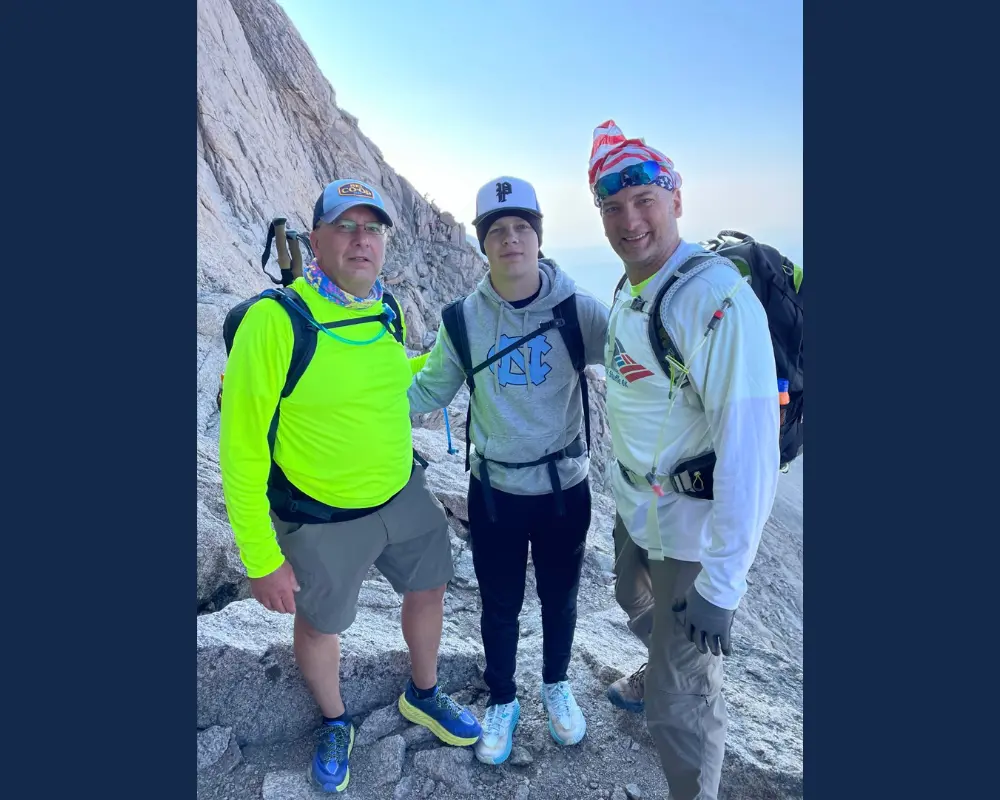
This summer we're profiling recipients of summer undergraduate research fellowships to learn about their academic interests and glance into their daily lives as undergraduate researchers.
Today we're speaking with MCB junior Ryan Marsh, a member of the Brenda Wilson lab and a 2024 recipient of the Dr. Walter and Loretta M. Zygmunt Microbiology Scholarship for Summer Research.
Why did you decide to apply for a fellowship?
I applied for a fellowship because of how much I enjoyed my first semester of research in the spring. After working with a senior member of the lab for the majority of the first semester, Dr. Wilson assigned me my own project. I wanted to stay through the summer and begin working on it.
How did you get involved in Dr. Wilson’s lab?
As an MCB Honors student, you get to take extra discussions with other members of your cohort. Two of those discussions were focused entirely on reading and analyzing research papers, and that sparked my interest in conducting research on campus. I came across Dr. Wilson’s lab while reading research descriptions on the MCB website. I was intrigued by their focus on developing and enhancing drug delivery systems.
Tell us about your research interests and what you’re working on this summer.
This summer I am working on characterizing the interactions between cell division control protein 42, or Cdc42, and various bacterial protein toxins. Cdc42 is a GTPase in the Rho family which plays a role in signal transduction pathways controlling the cytoskeleton and cell division. Modifications by the toxins we study lead to a constitutively active phenotype in the GTPase, allowing for increased bacterial uptake and diseases like cancer. My job is to determine the type of modification bestowed by each toxin. Understanding these toxin-substrate interactions will help facilitate the design of bacterial toxin-inspired drug delivery systems.
What does an average day look like for you?
I usually get to the lab between 7:30 – 8:00 a.m. Depending on the stage of my current experiment, I may be picking colonies from plates, plating cells, purifying proteins, or running SDS PAGE gels. When I reach a stopping point, I head back to my apartment to eat lunch. Then I go back to finish another portion of an experiment, which could be preparing cells for incubation, replating cells, or autoclaving used materials.
What do you hope to gain from this experience?
Research is a great opportunity to learn life skills. After my first semester, I’d already noticed improvements in my time management, analysis, creativity and critical thinking.
What are your career or academic goals?
I am currently taking an EMT course, and after graduation I will be applying to medical school. I am interested in conditions that affect the heart, lungs, and vascular system. I would like to explore specialties like cardiothoracic surgery, vascular surgery, and cardiology.
Do you have any advice for other undergraduates who would like to get involved in research?
Reach out to as many labs as possible. When you are interviewing or meeting with the PI, ask meaningful questions about the research, expectations, and what your role in the lab will be. Then you can make an informed decision about whether an opportunity will align with your interests.
How do you like to spend your free time? Any fun facts about yourself?
I like to lift weights and play golf; it’s a good way to relieve some stress and stay active. I also like to go fishing. Campus is only an hour away from Lake Shelbyville which is great for crappie, walleye, and muskie.